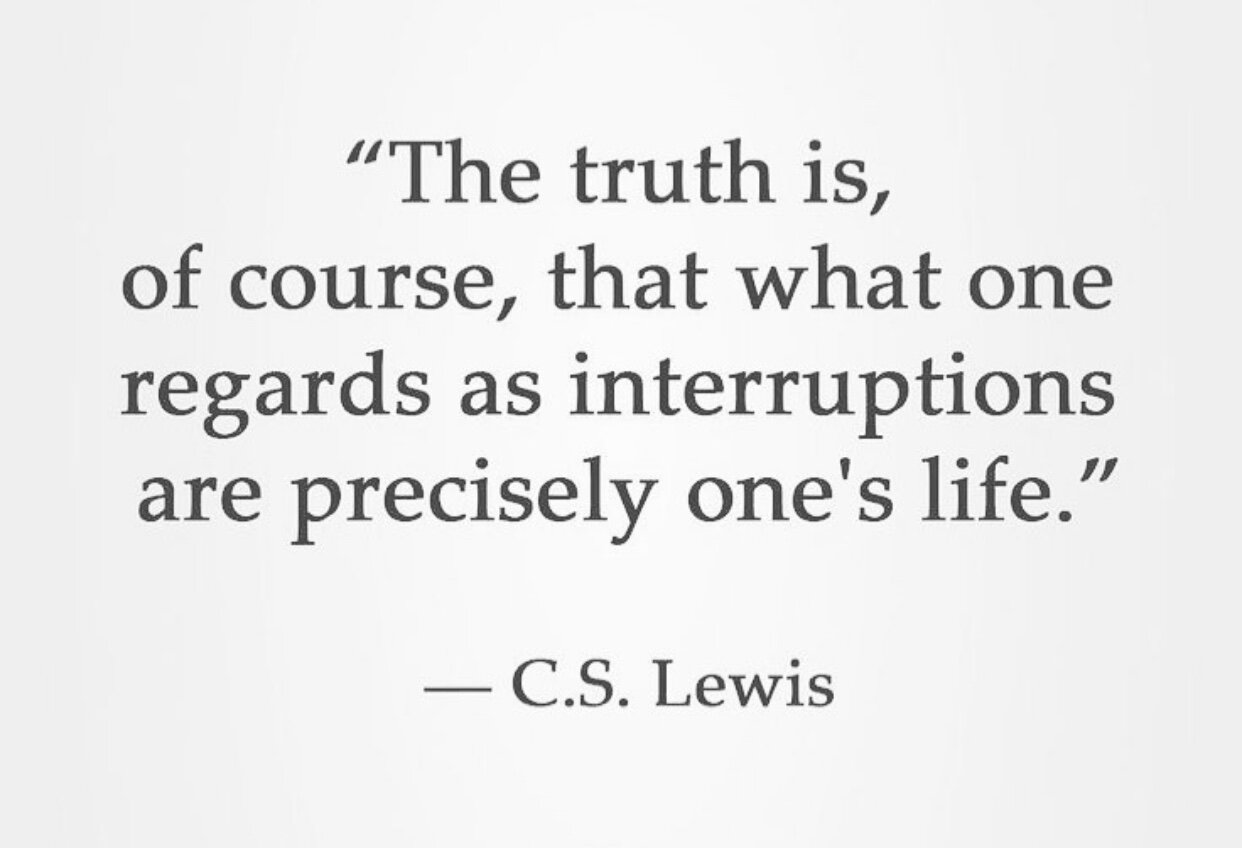Confronting Uncertainty in the Modern Age
Without question, the world was not prepared for a pandemic. My simple question is - why? Let’s take a brief historical dive and approach disasters in the natural world from the perspective of a bird’s eye view.
Studies show that there has never been such a safe time to be alive. For millions of years, human bodies and minds were adapted to running from predators, accidentally ingesting fatally poisonous mushrooms, suffering through famine and drought, battling through long winters, facing inadequate health interventions, and constant, unmitigated violence, to name a few. Over the past decades, levels of conflict, both in terms of number or magnitude, have been dropping steadily. Wars of all types- interstate, civil, ethnic, revolutionary- have been slowly disappearing. In pre-modern times, roughly half of all children died. In 2015, child mortality was down to 4.3% - that is 10 fold lower than two centuries ago. The risk for the average person dying has never been lower.
Today, a far greater percentage of the world’s population lives in peace, more than any time in history. It seems clear that most citizens of the twenty-first century will lead mundane, peaceful lives, bothered perhaps by quiet desperation. This appears to have presented a sense of impermeability in some, or an expectation that life should be easy, faultless, smooth, unbothered and without influence from natural shakeups.
We, and our clients, often experience surprise, shock and a lack of preparedness when bad things happen. Social scientists say that our happiness depends less on objective conditions, and more on our expectations. Here is the clincher, though: expectations adapt to conditions. When things societally improve, expectations rise, and improvements in conditions can leave us as dissatisfied as we previously were. In our pursuit of happiness, we can quickly get stuck on the proverbial “hedonic treadmill”: running faster, going nowhere.
One factor seemingly tailor-made to prevent significant increases in global happiness levels is mass media. A woman living in a small village 5,000 years ago measured herself against the 100 other women in the village. Compared to them, she might have looked pretty good. Today, a woman living in a small village compares herself to movie stars, models and Instagram influencers. Our modern villager is that much less likely to be satisfied with the way she looks. The playing field of competition, comparison, compare and contrast, has been broadened exponentially. Similarly, years ago, an individual in one location would never have been made aware of ghastly events happening in minute-by-minute in other, faraway regions. Since the modern twenty-four hour news cycle focuses on single events that go wrong (plane-crashes, terrorism, natural disasters,) it presents a (false) appearance that tragic events are happening more often, when they are not. We are simply being informed about them more.
Since happiness is based on our internal experience and not outward circumstances, we must aim to avoid relying on situations and things to bring us joy, and instead cultivate and grow our inward experience of joy within our bodies. Further, we must grow to tolerate and anticipate the inevitable rough winds of life. Life, modern-age or not, is not intended to be perfect or even ever-improving. Believing that bad things should not be happening in your life creates additional suffering. Bad things are not happening TO you - but they will happen. They are not personal, but to be expected as part of the human condition. Faulty expectations (life should be perfect) yield fear, a desire to take back the illusion of control, anger, and blame when circumstances do not comply with our expectations. We may feel that we live in a bubble, but we do not. Just like our pre-modern ancestors, we are subject to forces greater than ourselves (pandemics included,) and largely powerless over such disasters. This is meant to encourage, not discourage you. When we are prepared for the storms of life, and do not rage against them, we are able to approach them with dignity, calm, composure, resilience, and inner strength.

